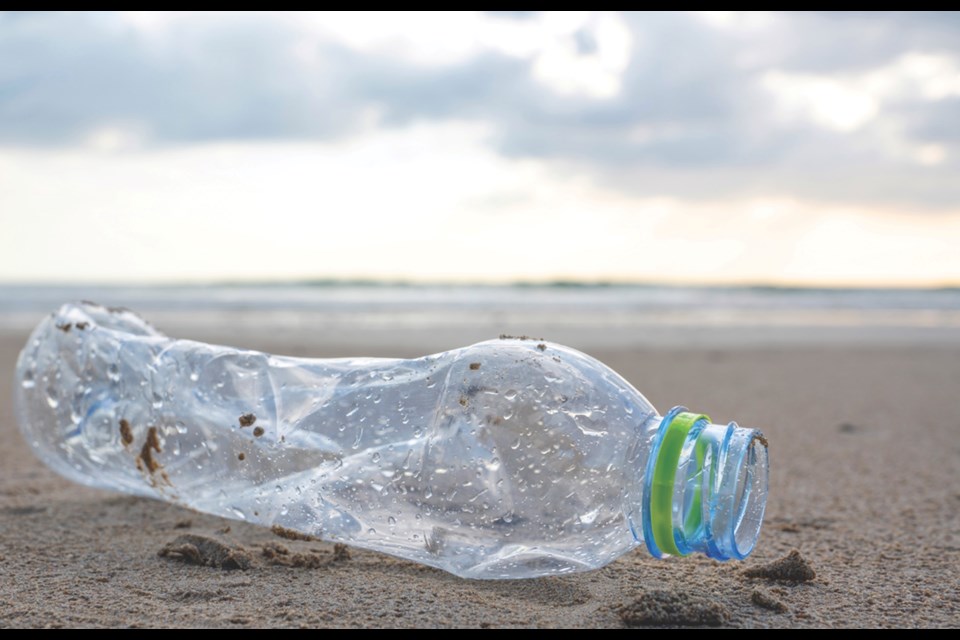LAC LA BICHE - Regular cleanups of roadways and open spaces in communities are visible events that help residents understand the importance of keeping things clean. But healthy environments aren't just about what can be put into a garbage back on a cleanup event, say representatives of a local environmental group.
In recent years, Healthy Waters Lac La Biche has hosted open houses at the Bold Centre, the Lac La Biche Museum, the Plamondon Festival Centre, and other locations, raising awareness for environmental stewardship. But it's not all about pickup up chocolate bar wrappers and cigarette butts, says Healthy Waters member Julie Hink.
“Quite often, after catching fish, people clean them and throw the guts into the water,” she explained. “Furthermore, soap and other chemicals produced from washing vehicles goes into drainage ditches and from there, untreated into lakes.”
Mike Schulz, the vice president of Healthy Waters Lac La Biche says that many items left on shorelines can quickly become items floating in water bodies. Once they are in the lake, the contamination continues. As plastic from garbage builds up over time, it becomes increasingly detrimental to human health.
He explained the breaking down process of plastics creates harmful byproducts.
“Given that plastics are refined petroleum products, they are by nature extremely toxic,” he stated.
Being exposed to sun increases the aging process of plastics. When this occurs, various chemicals are released, which can wreak havoc on bodies of water such as Lac La Biche, in which the community relies on for drinking water.
Microplastics are also an unsafe consequence of decomposing plastics left from littering, often accumulating on the surfaces of other toxins, emitting chemicals such as DDT and estrogen – mimicking compounds, which in turn are ingested by fish populations.
“Imagine catching a walleye in the lake, one that has many of these toxins in its digestive system,” Schulz said. “Eating that fish can make a person very sick.”
The Healthy Waters group continues to encourage the public to pickup around them — whether on land or water.



